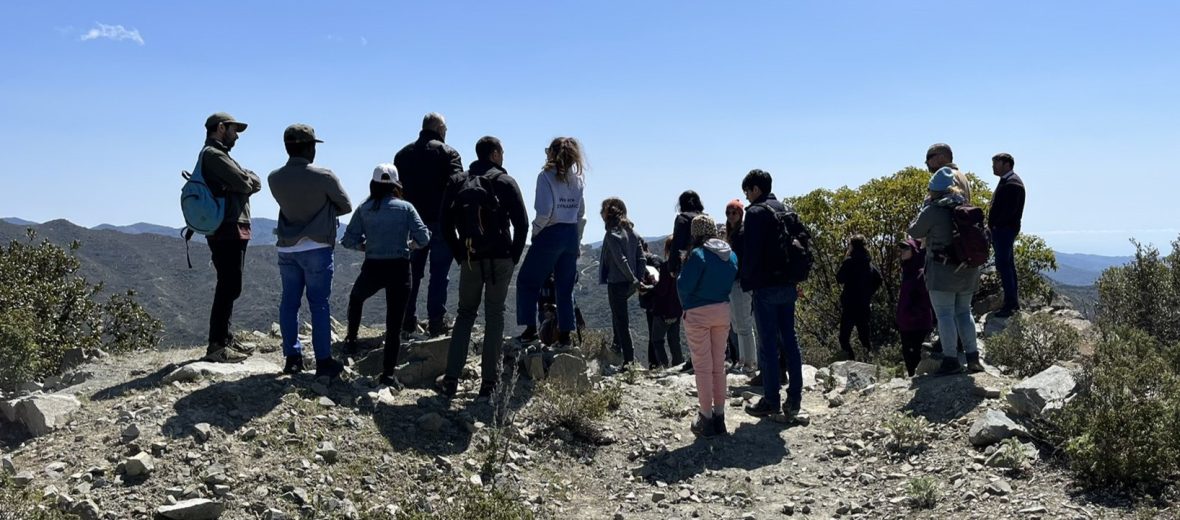
PyroLife Early Stage Researcher (ESR) Pooja Pandey and an international team of 21 researchers, including PyroLife ESRs Judith Kirschner, Kerryn Little, Carmen Rodríguez, Hugo Lambrechts and Simona Dossi, have been awarded the Atlas Award 2024 dedicated to Climate Action for their impactful research article, “A global outlook on increasing wildfire risk: Current policy situation and future pathways”, published in the journal Trees, Forests and People. This significant recognition highlights the urgency of addressing wildfire risks globally, particularly in the context of climate change.
Organised and sponsored by the academic publishing company Elsevier, the Atlas Award honours outstanding research with the potential to significantly impact people’s lives, with emphasis on climate action, peace and justice. This year’s selection underscores the critical nature of the work led by Pooja. As a PhD candidate at the Centre of Excellence in Risk and Decision Science (CERIDES)-European University Cyprus and a member of PyroLife, she has been at the forefront of wildfire research, focusing on the interplay between governance and socioecological resilience.
In their award-winning paper, Pooja and her team provide a comprehensive analysis of current wildfire management policies across the globe, revealing significant gaps and proposing forward-thinking pathways to enhance preparedness and response efforts. Their research emphasises the need for collaborative approaches that integrate scientific insights into actionable policies, thereby fostering resilience in territories affected by wildfires.
“Receiving the Elsevier Atlas Award is an incredible honour. It validates the importance of my work and motivates me to continue pushing the boundaries of research in wildfire management. I’m truly grateful for the recognition and hope it brings more attention to the pressing issue of wildfire governance.”
The research re-evaluates existing frameworks and the adoption of innovative strategies to effectively deal with the increasing threat of great wildfires. According to Pooja, addressing the weaknesses of wildfire policies requires an integrated approach to policy development, including better cross-border coordination, clearer allocation of responsibilities, and investment in long-term prevention efforts, particularly in high-risk areas. To move forward, it is essential to reinforce successful strategies like robust interagency and early warning systems, which have proven effective in certain regions. The collaborative nature of this work exemplifies the power of interdisciplinary research in tackling complex environmental issues.
“Collaborating with experts across different disciplines and regions was an enriching experience. One of the highlights was the opportunity to work closely with policymakers and first responders, whose real-world insights were invaluable. This collaboration allowed me to bridge the gap between academic research and practical policy implementation.”

Leave a Reply